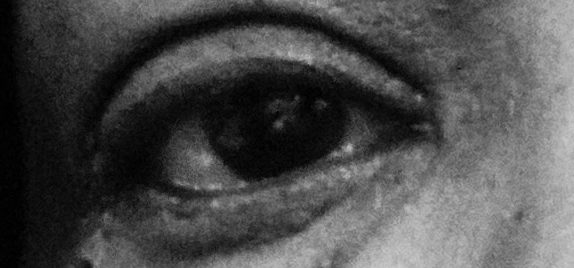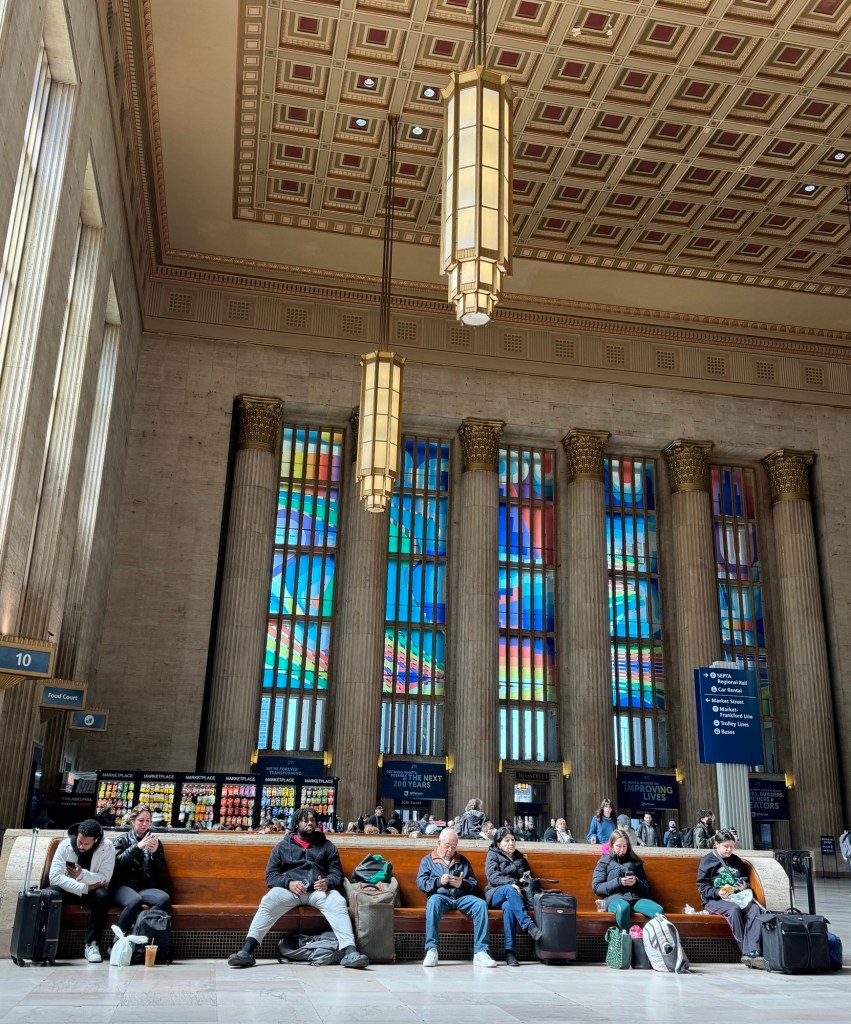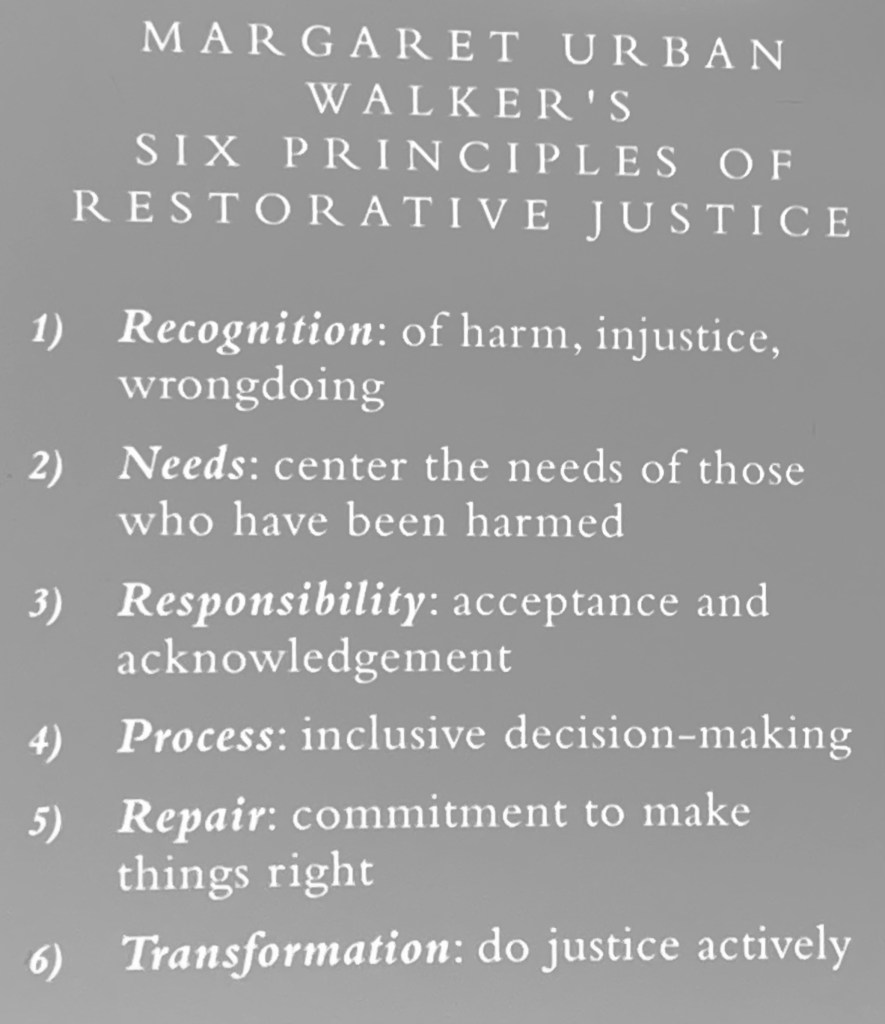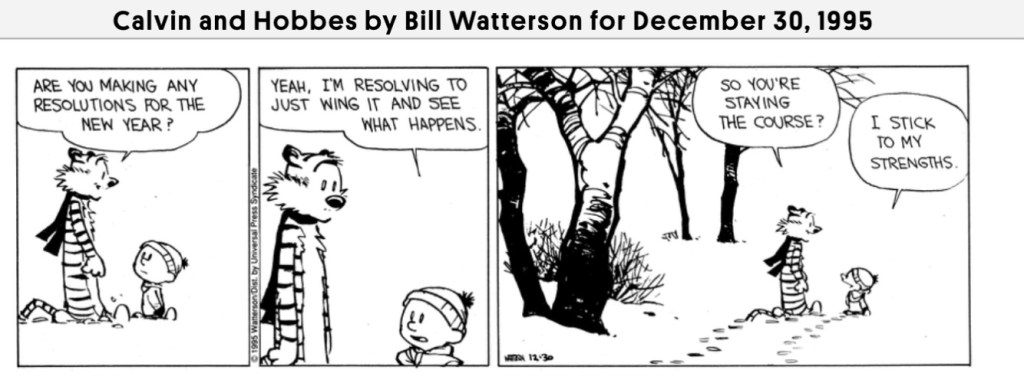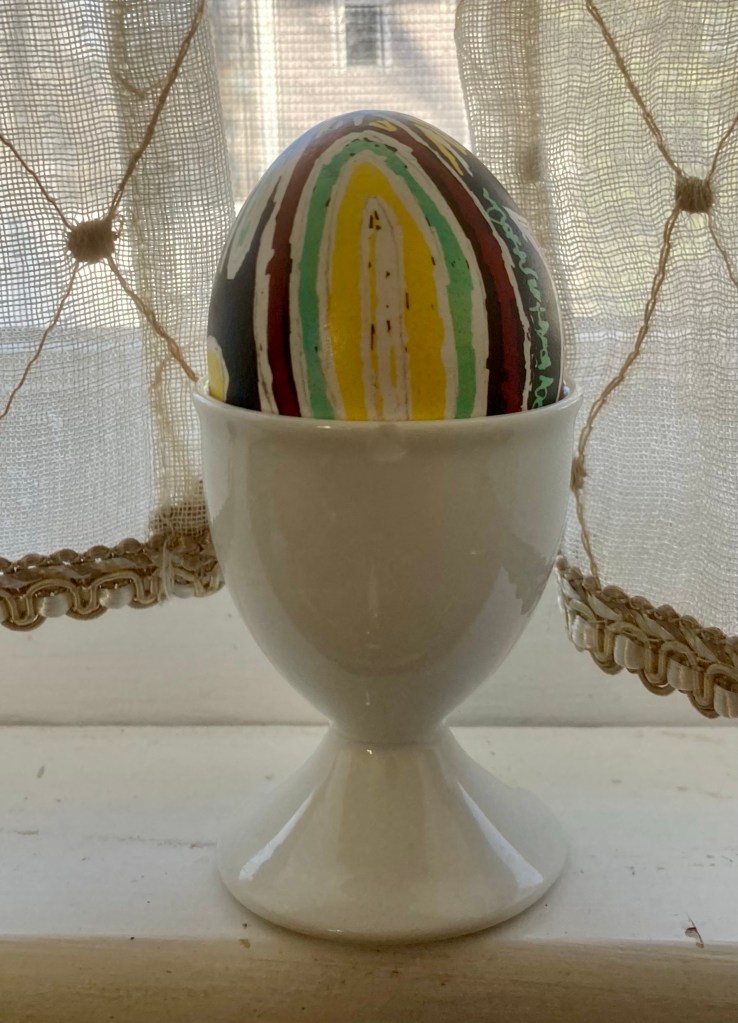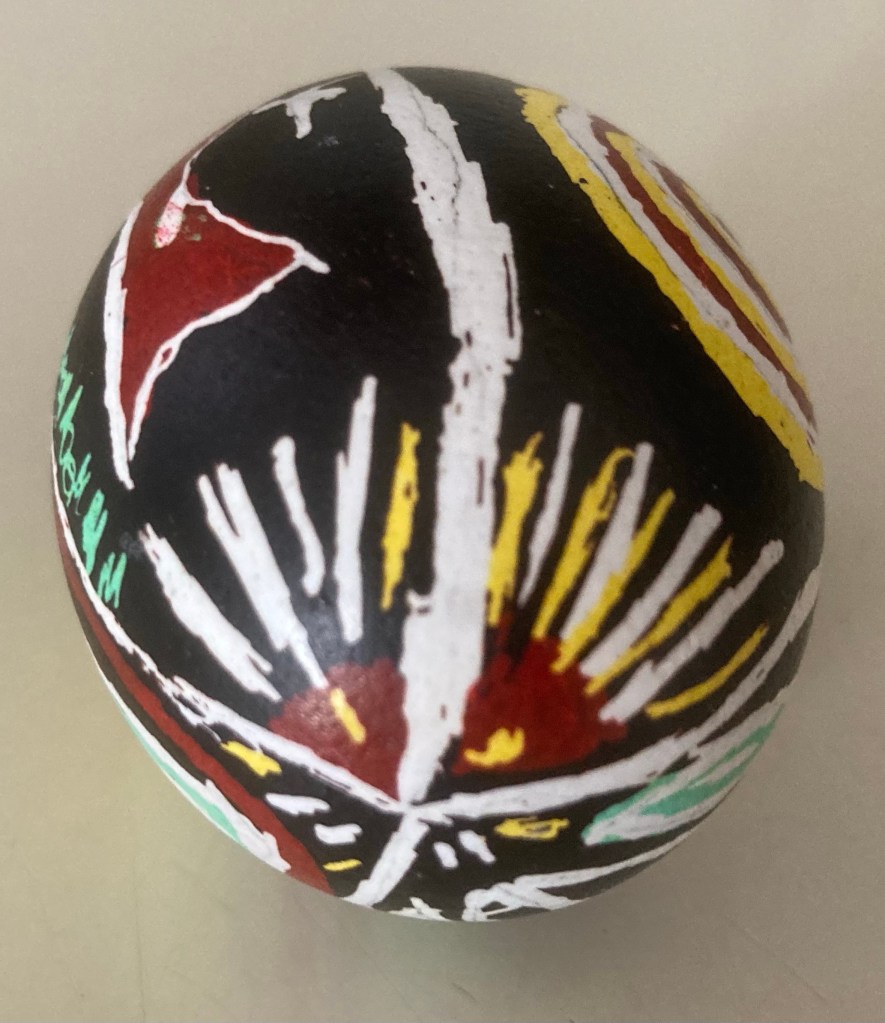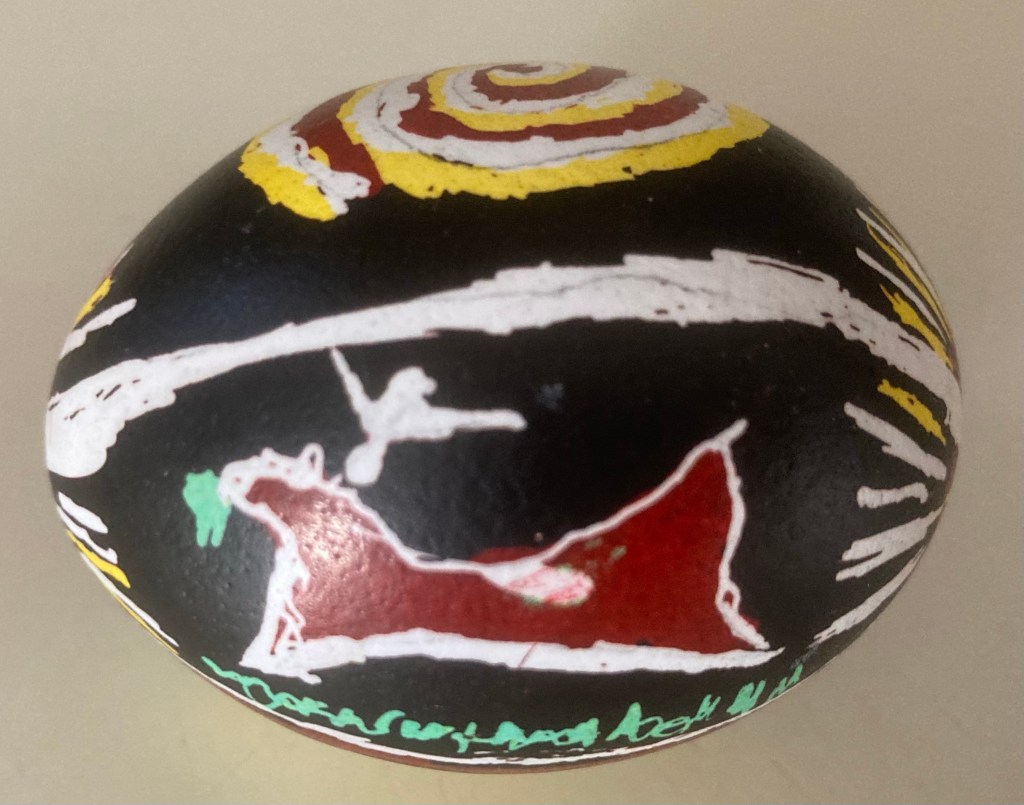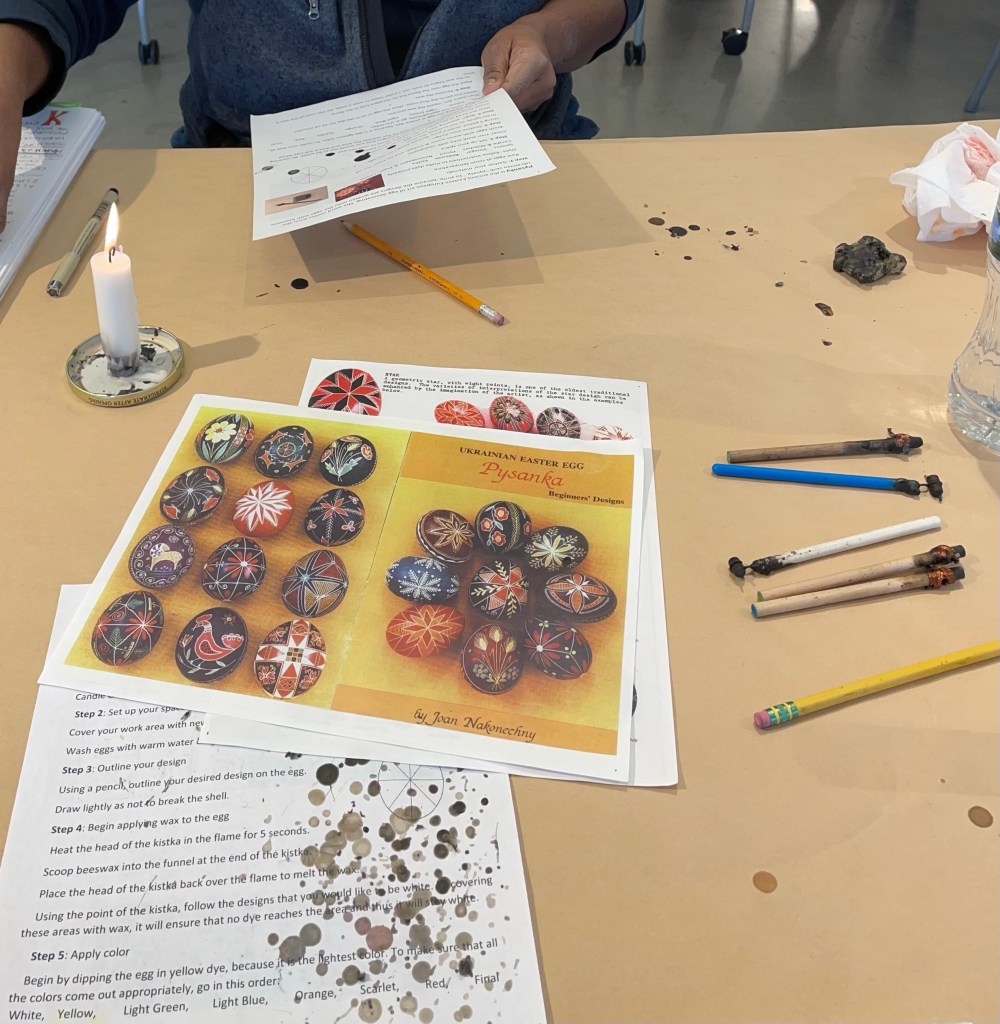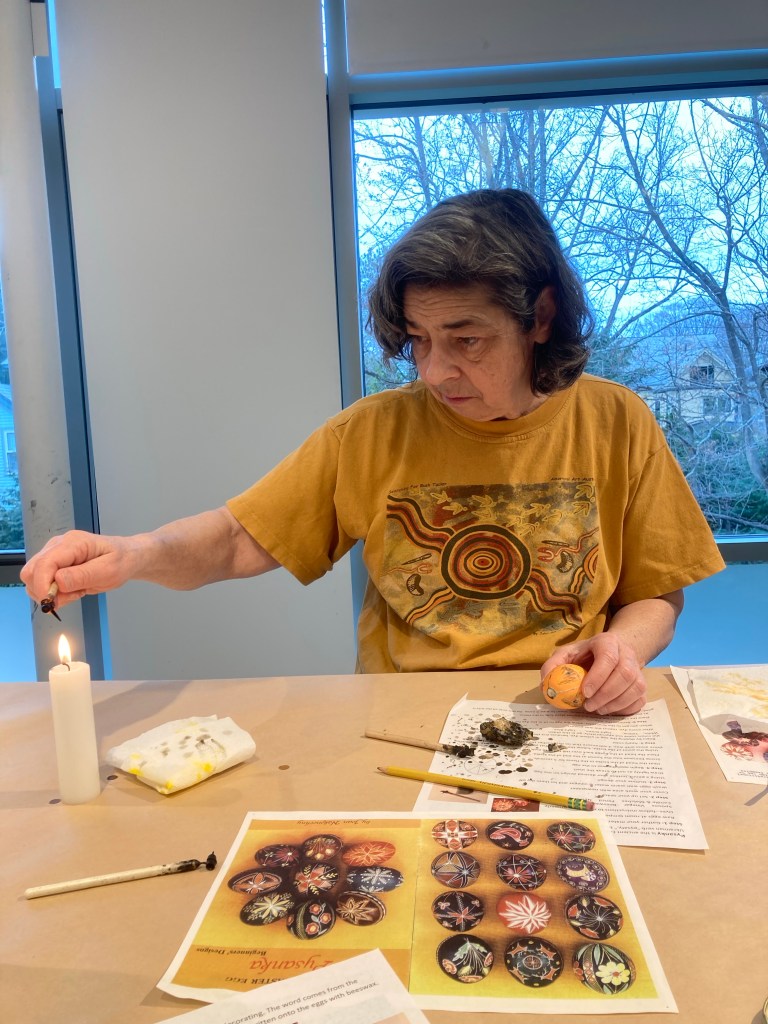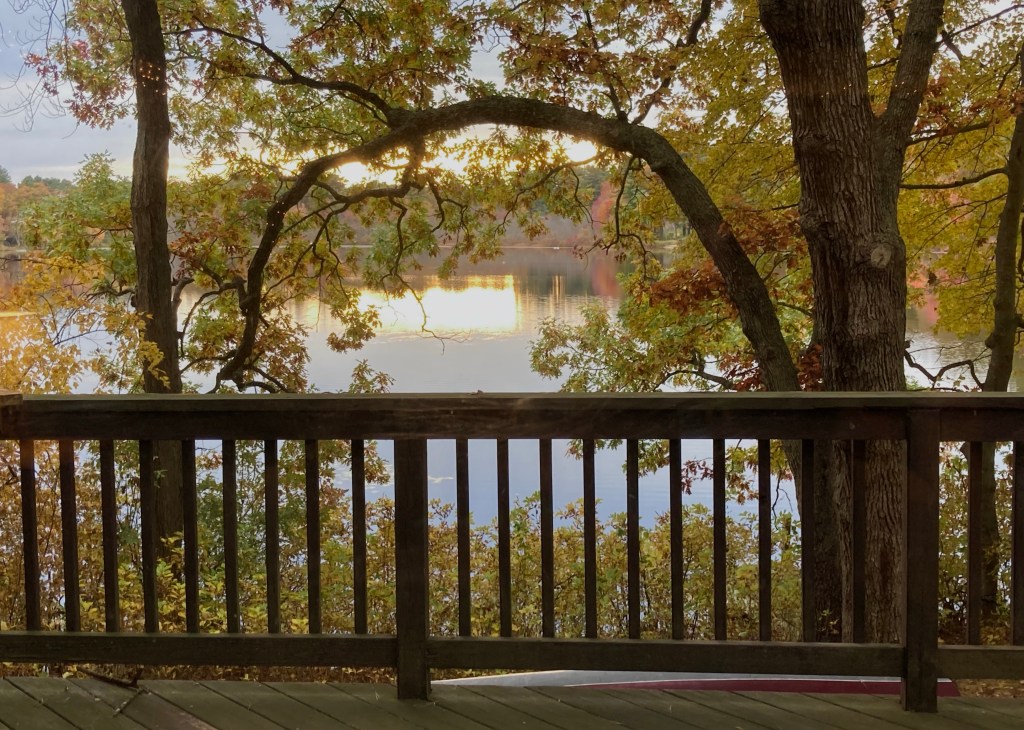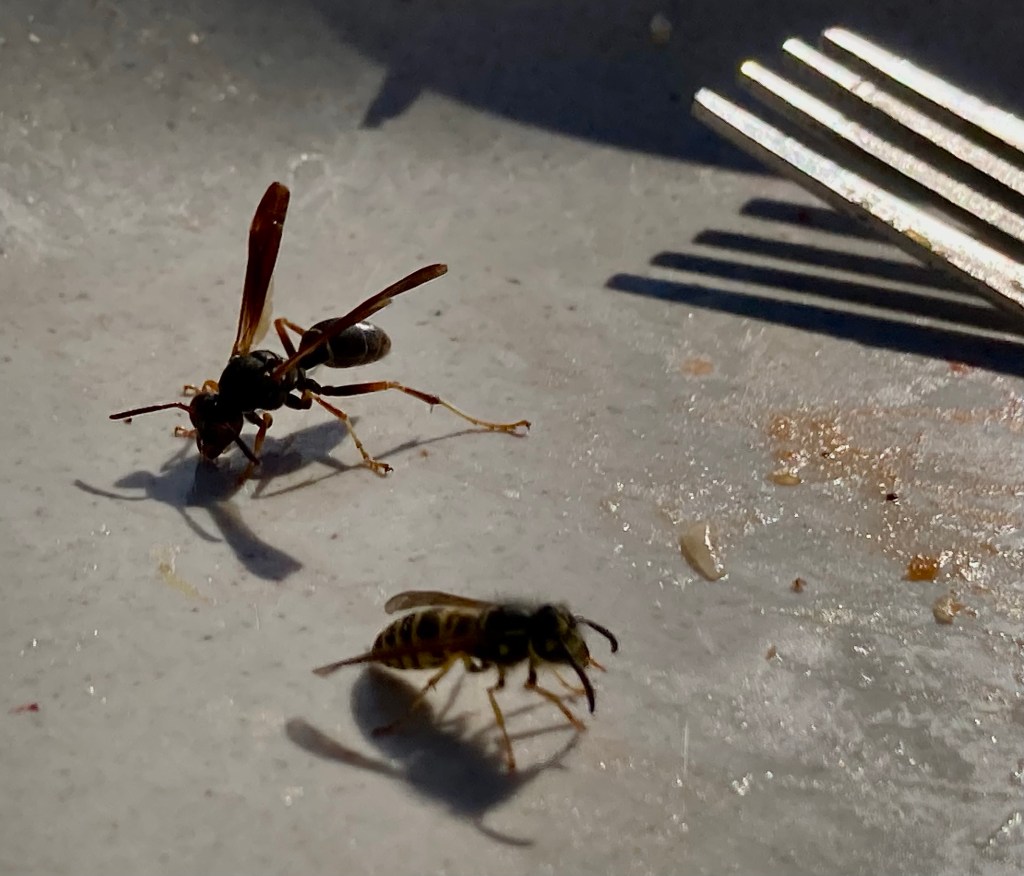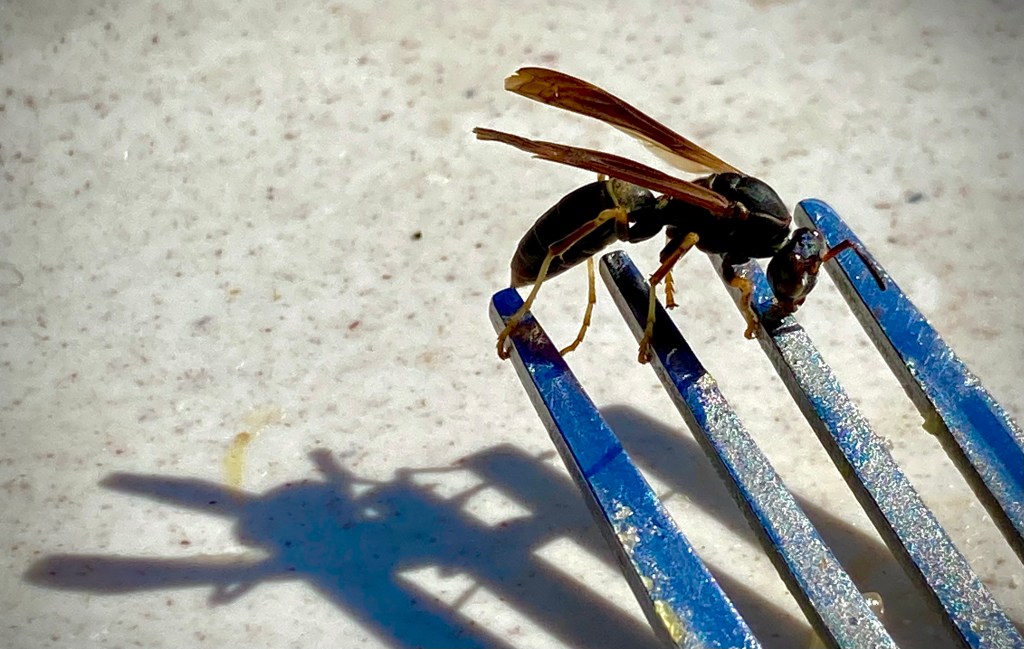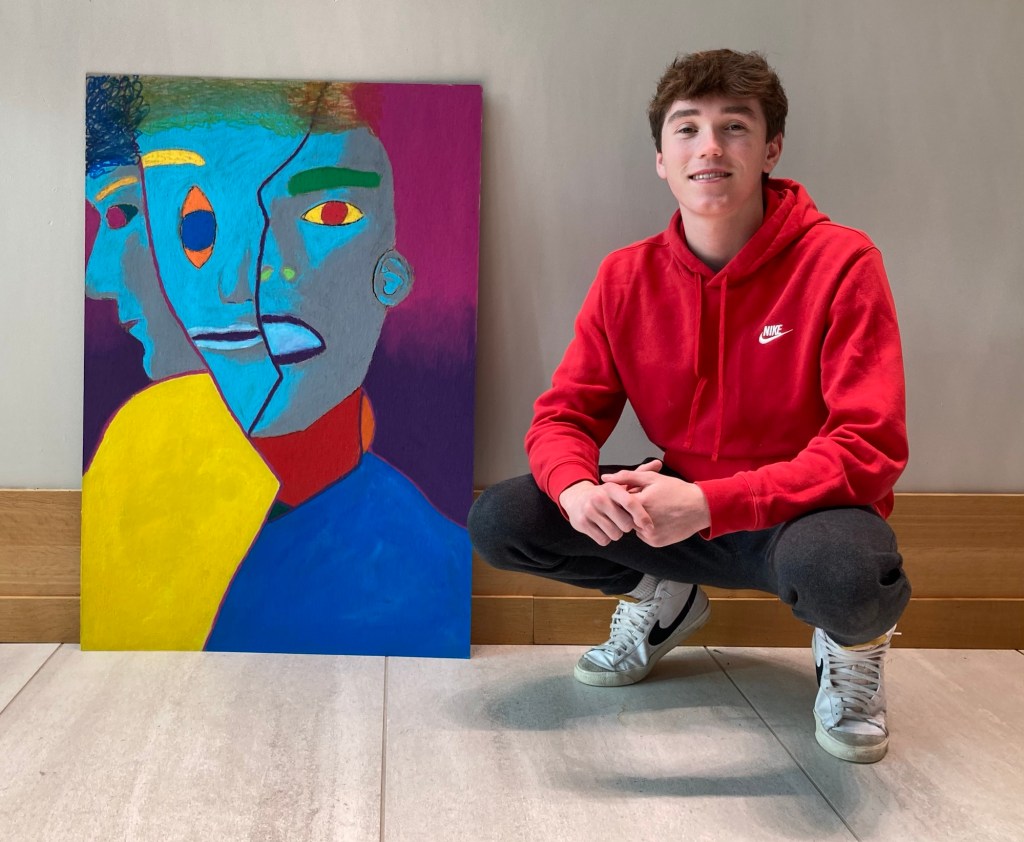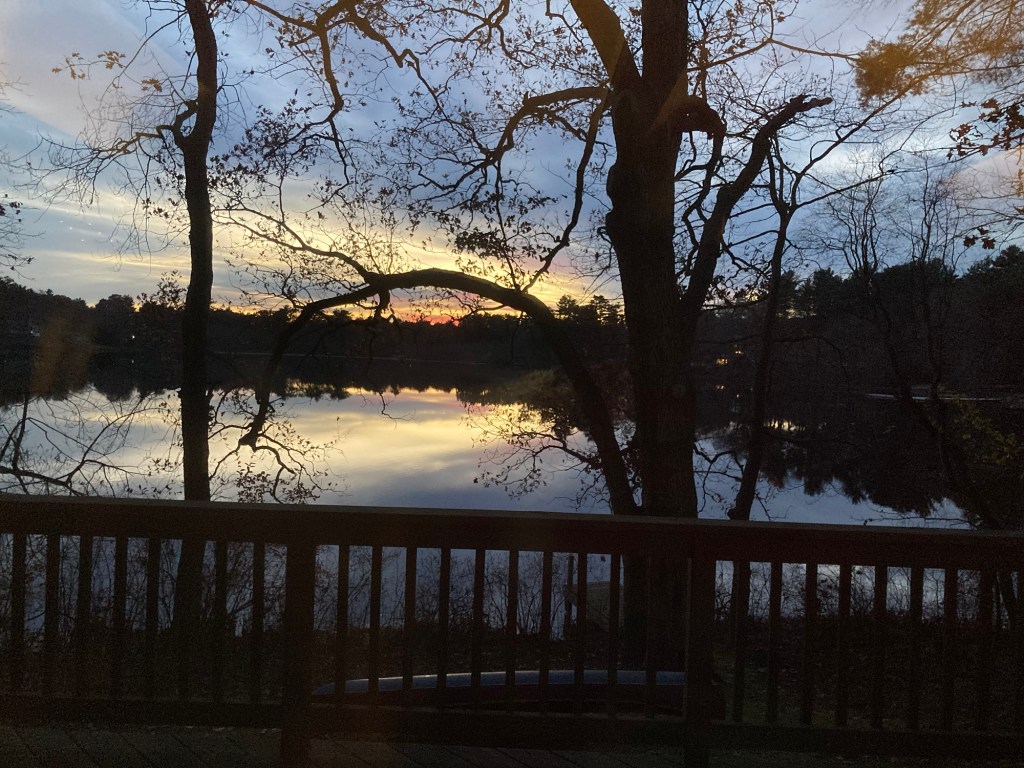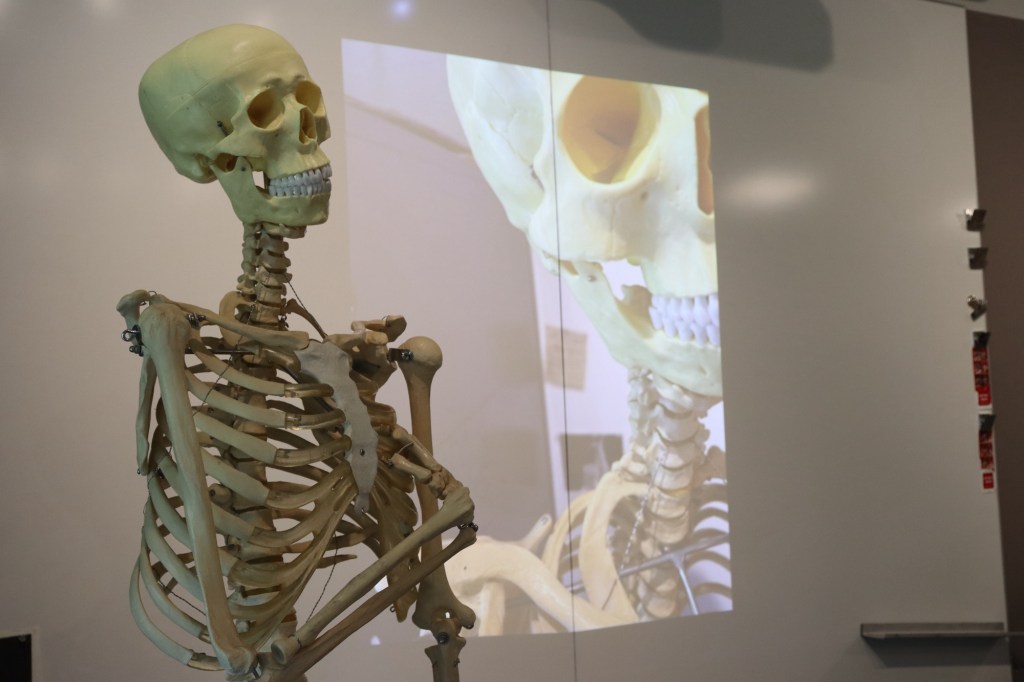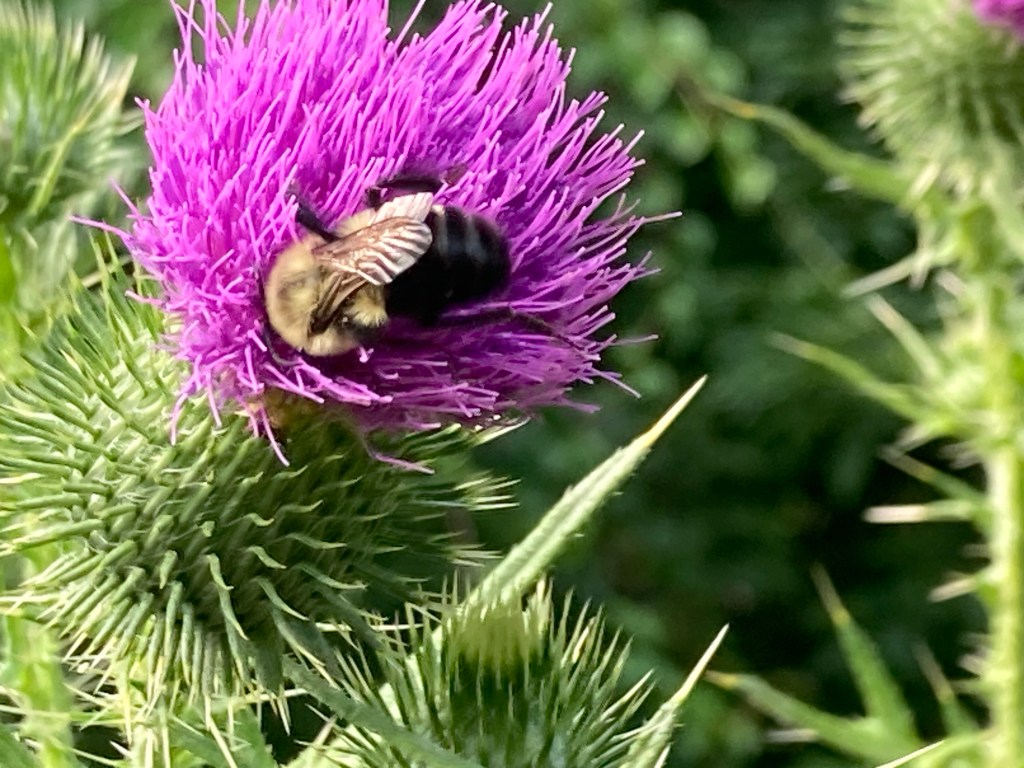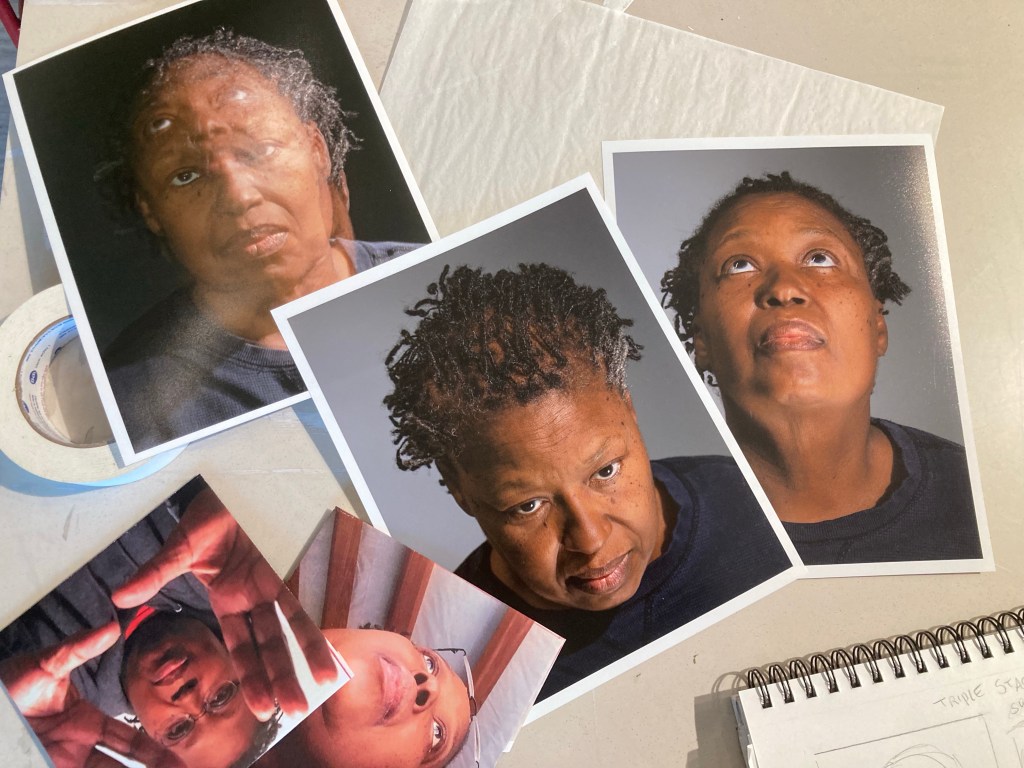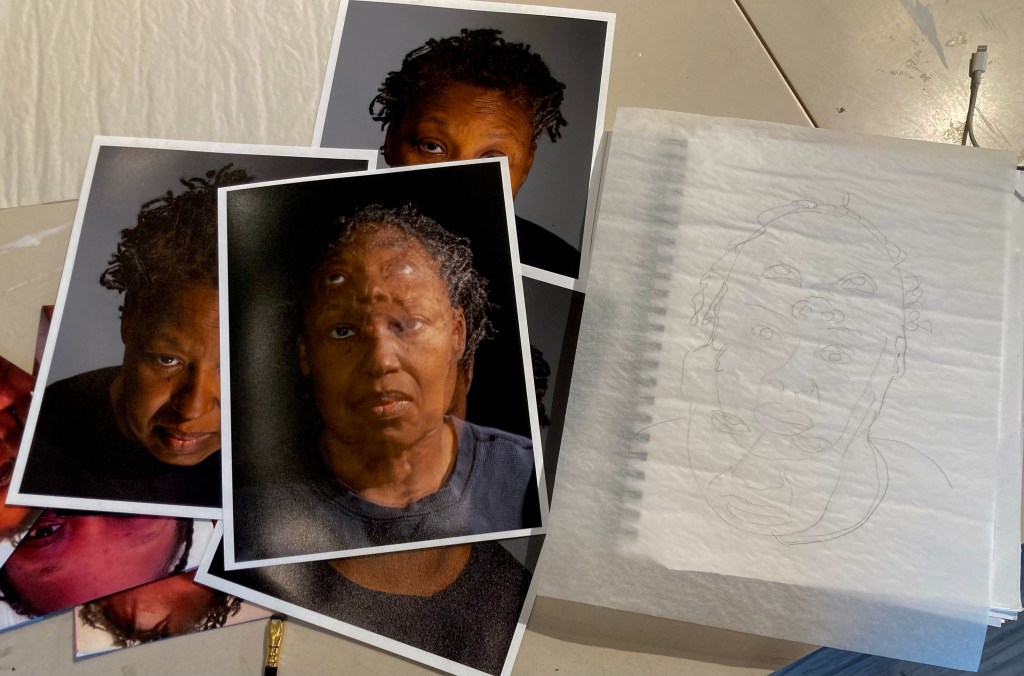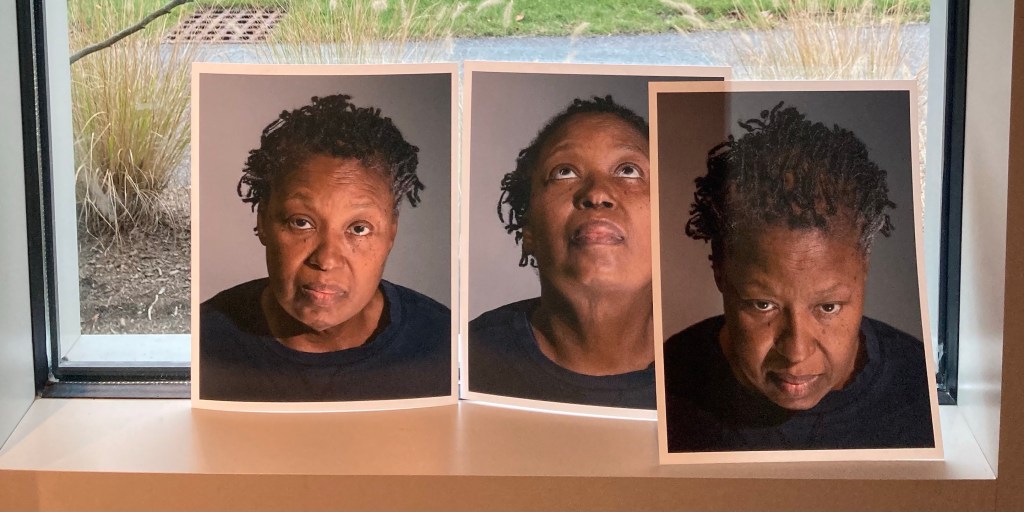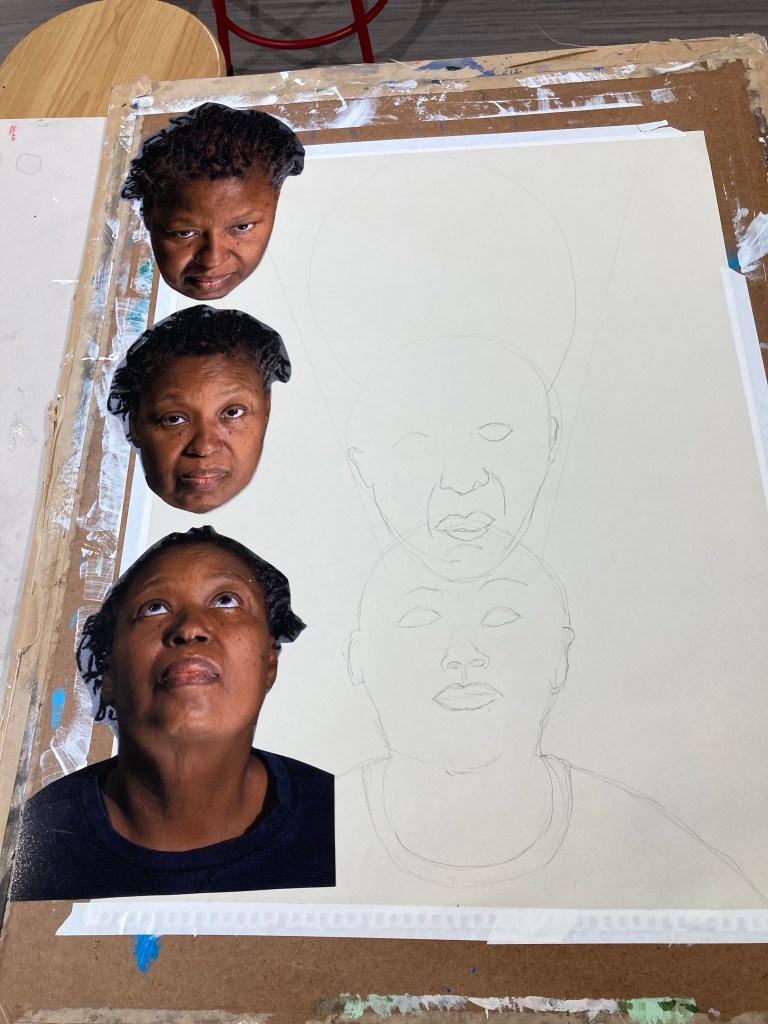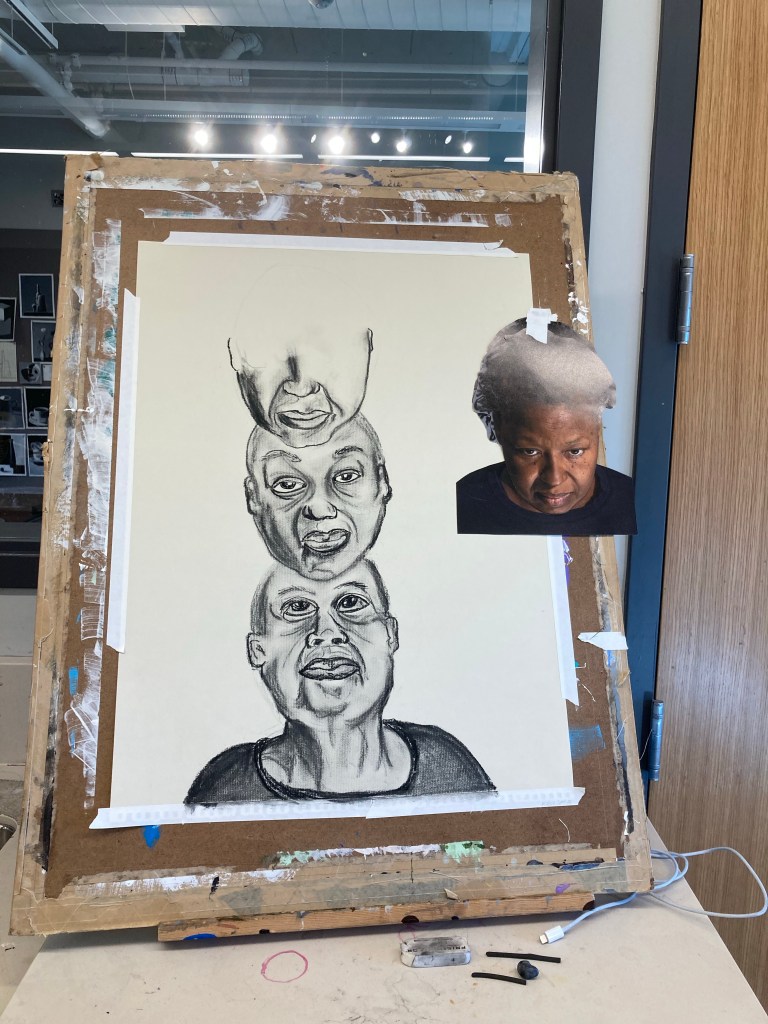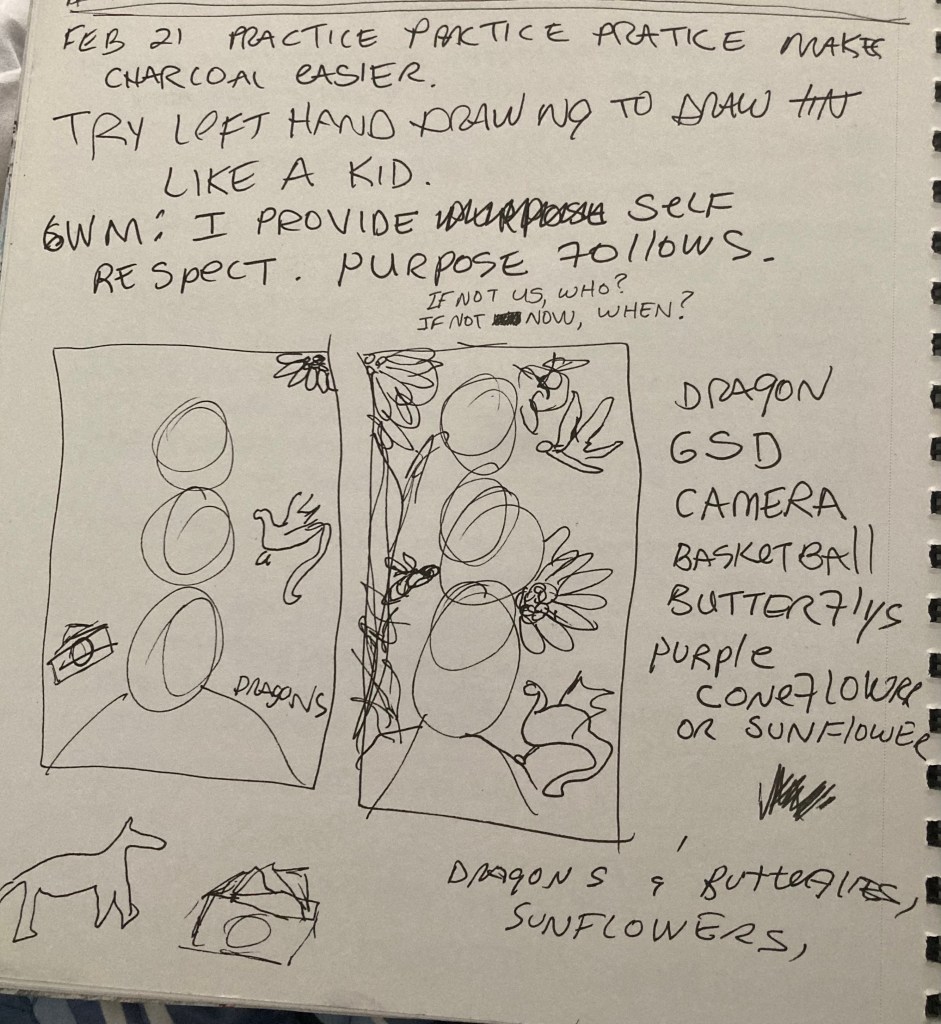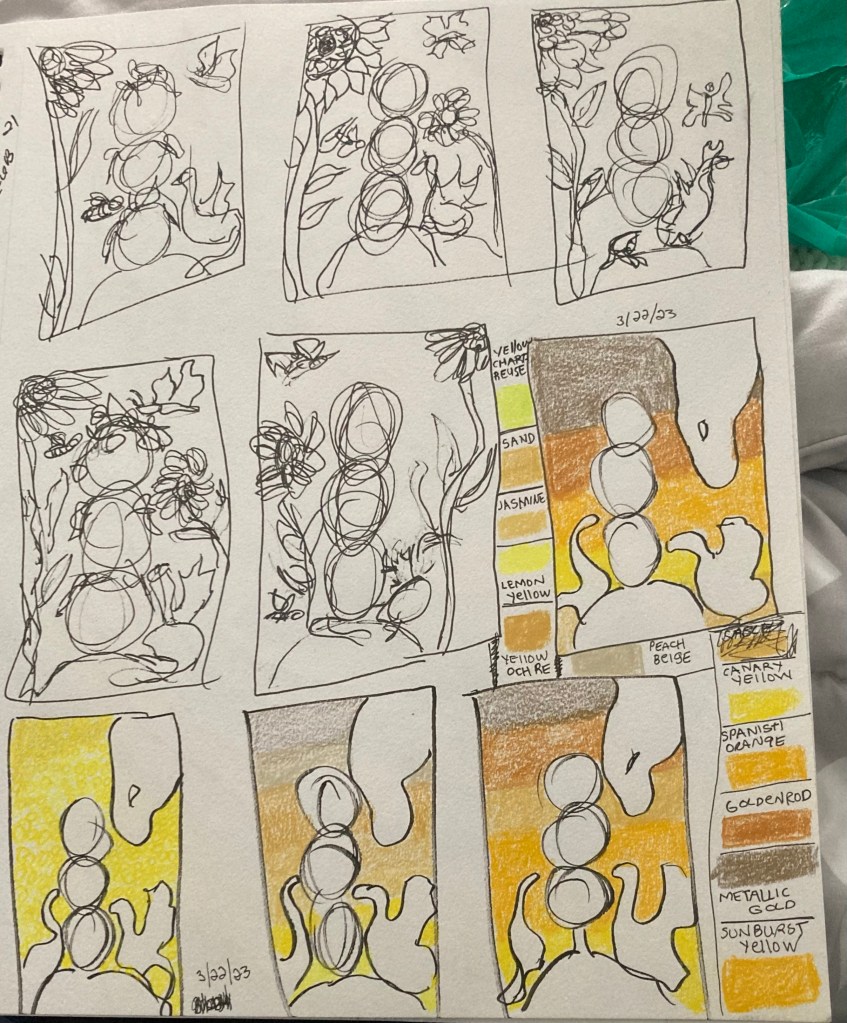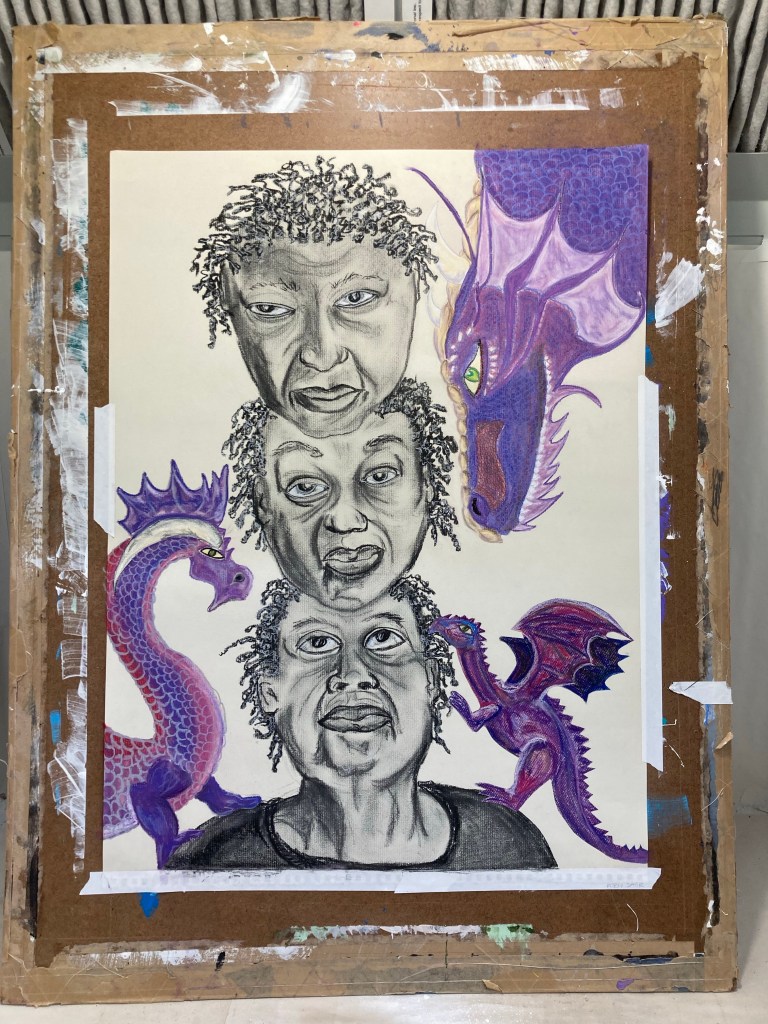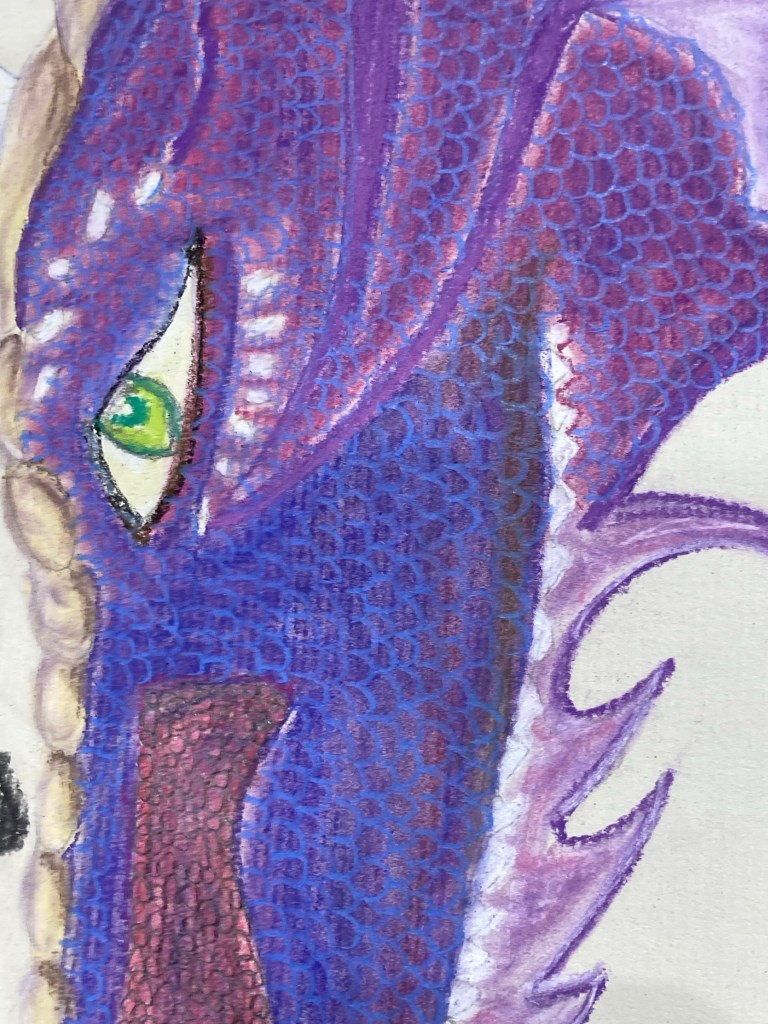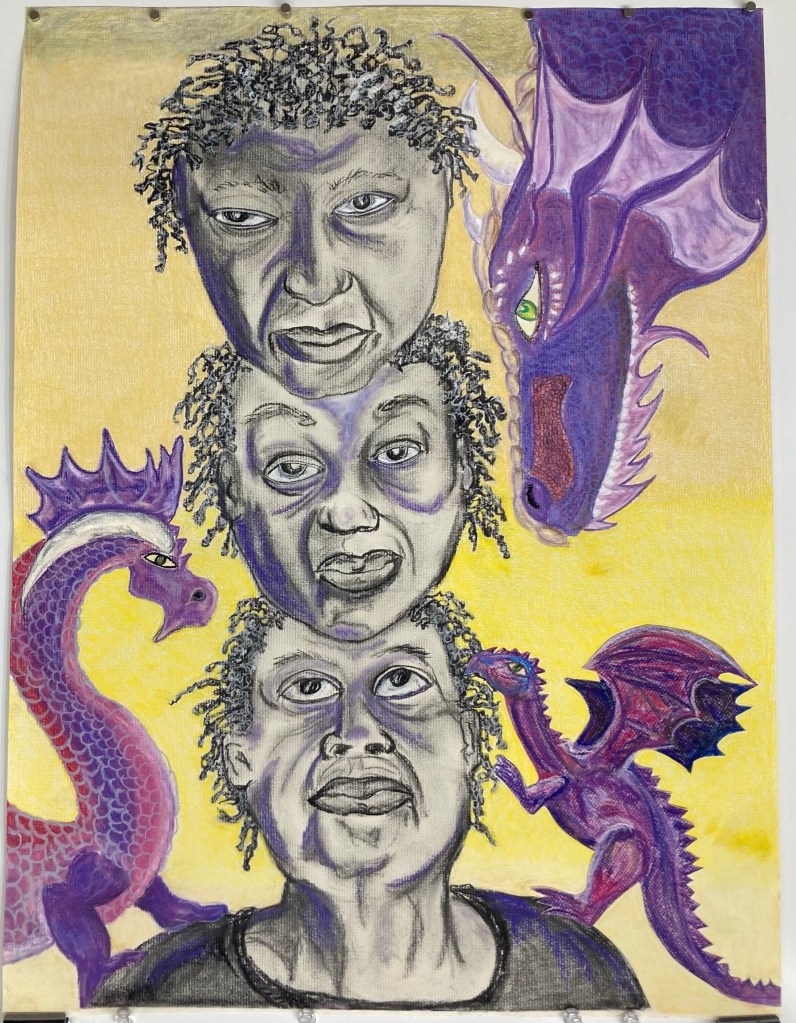
Bothsidesism – also called false balance, is a media bias in which journalists present an issue as being more balanced between opposing viewpoints than the evidence supports.
Cloze Activity- Activity in which words are removed from a passage for a learner to fill in as an exercise in reading comprehension.
Confirmation bias – the tendency to favor information confirming or strengthening one’s beliefs or values, while disregarding contradictory information.
Apoliticism – apathy or antipathy towards all political affiliations. A person may be described as apolitical if they are uninterested or uninvolved in politics. Being apolitical can also refer to situations in which people take an unbiased position in regard to political matters.
Cross pressured – A voter who is caught between conflicting elements in his or her identity – religion, ethnicity, income level, peer group.
Free rider – An individual who does not to join a group representing his or her interests yet receives the benefit of the group’s influence.
“When I think of grace I think a bit of being in the flow. Coming to the suchness of the situations and wrapping your attitude around it and working with it when it is not what you thought you wanted. So often what you didn’t want is actually some part of your path…So grace is being at one with, moving into the wave so it doesn’t knock you over, and getting back up if you slip and fall on your butt. ” —
D. Katie Powell
If money is the goal, you will never have enough. – Scott Galloway.
Stupid people are incredibly more fearsome than intelligent people.
A stupid person is one who causes losses to another person or a group of people while they gain nothing or may even suffer losses. Italian economist Carlo Cipolla considered this the golden and most important law, never to be forgotten. He did not consider stupidity a matter of IQ, but rather a lack of relational skills.
Non-stupid people always underestimate the damaging power of stupid individuals. In particular, non-stupid people constantly forget that in any time and place and circumstance dealing and/or hanging out with stupid people always turns out to be a costly mistake.
Cipolla added that “stupid people are deadly dangerous because reasonable people find it difficult to imagine and understand stupid behavior.” In such a view, stupid people’s attacks always catch intelligent ones by surprise.
Cipolla stated that “there are people who, by their illogic actions, not only cause harm to other people, but also to themselves. Such people belong to the genus of the super stupids.”
Stupid people are the most dangerous type of people. They are more dangerous than a bandit.
Common sense tells us that intelligent people, no matter how hostile they may be, are predictable. In contrast, stupid people are not.
Anhedonia – a diverse array of deficits in hedonic function, including reduced motivation or ability to experience pleasure.
